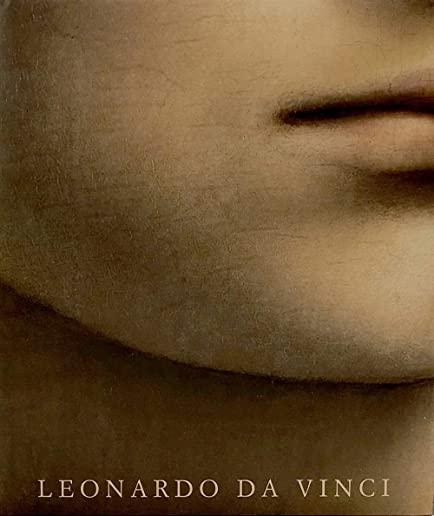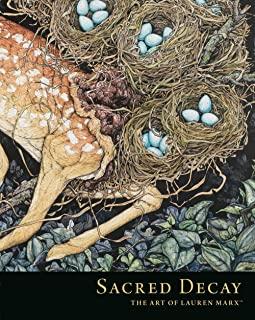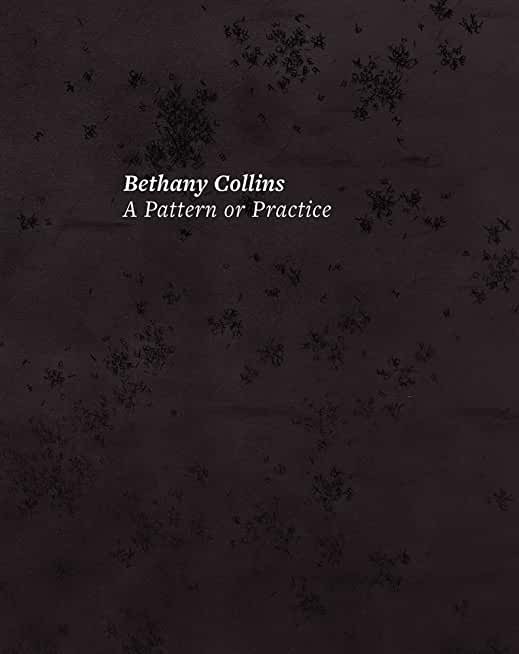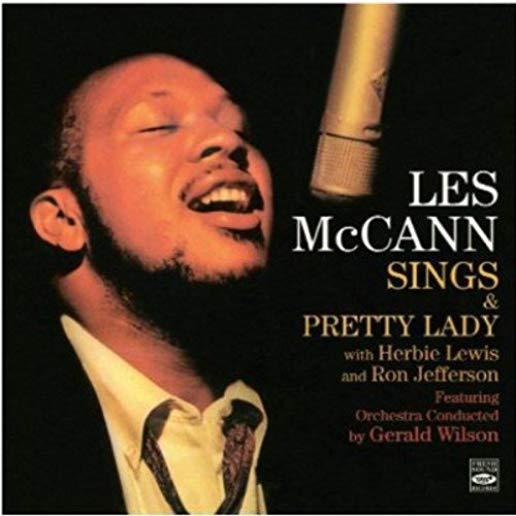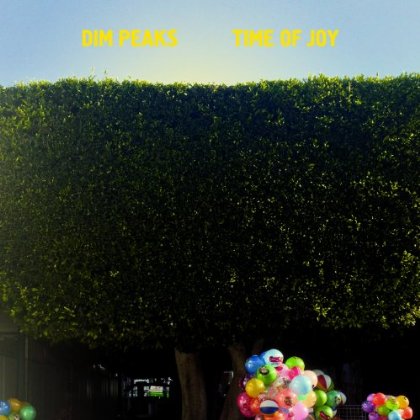
description
on film. After appearing in The Godfather as an infant, it took twenty-five years for Coppola to take her place behind the camera, helming her own adaptation of Jeffrey Eugenides's celebrated novel The Virgin Suicides. Following her debut, Coppola was the third woman ever to be nominated for Best Director and became an Academy Award winner for Best Original Screenplay for her sophomore feature, Lost in Translation. She has also been awarded the Golden Lion at the Venice Film Festival and Best Director at Cannes. In addition to her filmmaking, Coppola is recognized as an influential tastemaker. She sequenced the so-called Tokyo dream pop of the Lost in Translation soundtrack like an album, a success in its own right. Her third film, Marie Antoinette, further showcased Coppola's ear for the unexpected needle drop, soundtracking the controversial queen's life with a series of New Romantic bangers popular during the director's adolescence. The conversations compiled within Sofia Coppola: Interviews mark the filmmaker's progression from dismissed dilettante to acclaimed auteur of among the most visually arresting, melancholy, and wryly funny films of the twenty-first century. Coppola discusses her approach to collaboration, Bill Murray as muse, and how Purple Rain blew her twelve-year-old mind. There are interviews from major publications, but Coppola speaks with musician Kim Gordon for indie magazine Bust and Tavi Gevinson, then-adolescent founder of online teen magazine Rookie, as well. The volume also features a new and previously unpublished interview conducted with volume editor Amy N. Monaghan in which Coppola discusses her plans for the now-cancelled adaptation of The Custom of the Country. To read these interviews is to witness Sofia Coppola coming into her own as a world-renowned artist.
member goods
No member items were found under this heading.
Return Policy
All sales are final
Shipping
No special shipping considerations available.
Shipping fees determined at checkout.

